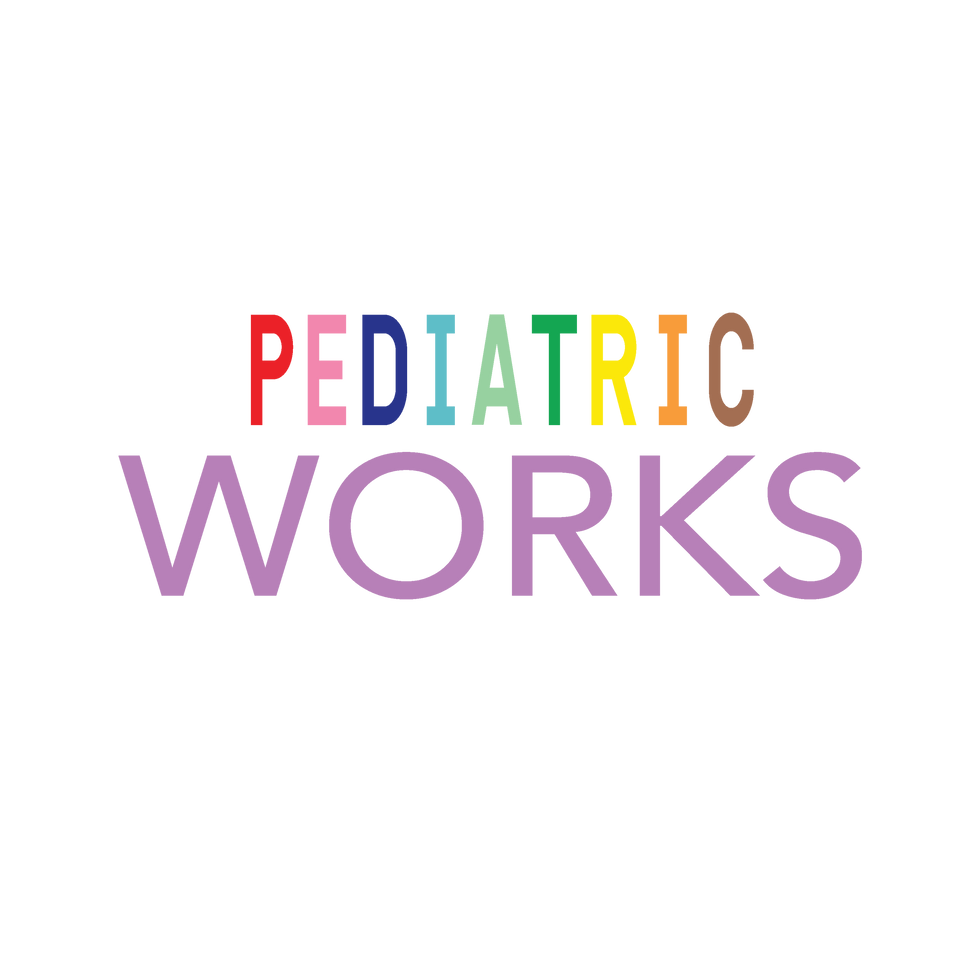Unbiased, Science-Based Information on COVID-19 Vaccinations
- Sep 23, 2022
- 3 min read
Updated: Oct 8, 2022

I realize there is a lot of hesitancy about receiving the Coronavirus (COVID-19) vaccine. Trust me, I understand. I did my own research to decide whether to receive my dose. As a healthcare worker and someone with a compromised immune system, I had questions.
First, I would like to state neither vaccine from Pfizer/BioNTech or Moderna are, currently, recommended to anyone under the age of 16. Why? Because there were not enough trial children volunteers to ensure their safety. Both companies had over 30k volunteers, but these were mostly adults. More information is needed for children and those studies are underway. Pregnant and lactating women should consult their physicians to decide their risk-benefit profile.
Both vaccines are groundbreaking because of the new mRNA (Messenger Ribonucleic Acid) technology. This technology is “new“ but not unknown. Pfizer/BioNTech and Moderna were both approved by the committees of the CDC and FDA and we are in Phase 1A.
The purpose of vaccinations is to trick the immune system into thinking that an infection has occurred so the body can produce B (antibodies) and T cells. Vaccines include microorganisms and viruses in forms of live- attenuated (weakened), partial antigen (specific protein), or inactive (dead) – actual pieces of the disease.
mRNA is different. mRNA carries information from DNA (in the nucleus of a cell) to produce proteins (in the cytoplasm). In this example, both vaccines are creating mRNA, which will make the coronavirus's viral spike protein. If you ever looked at a picture of COVID-19, it is usually dressed with a red crown. The spike protein is part of the crown. The presence of spike proteins tricks the body into thinking it is infected with COVID and so it produces specific B (antibodies) and T cells. Therefore, if you were later naturally exposed to COVID, previously created antibodies will wake up and fight.
It is important to stress these vaccines (Pfizer/BioNTech and Moderna) are not “live” (does not give you the COVID vaccine), they do not interact with your DNA (does not cause mutations without your body), and the mRNA is quickly destroyed by the body. For protection, both Pfizer/BioNTech and Moderna created a surrounding protective cushion (liposomes) to protect the mRNA until the message is delivered. (Typically mRNA is quickly degraded by the body.)
Since the goal of vaccines is to mount an immune response, some but not all may experience symptoms. Symptoms can include fever, headache, malaise, body aches, chills, and local reactions (redness, pain, or soreness at the injection site). (Just like the annual flu.) I know this sounds worrying, but it is good sign because your body is responding! Kudos to you! Happy dance! To be effective, both vaccines have to be administrated twice, 3 weeks apart. Both are needed to achieve the 94-95 percent effective rate that was noted in the studies. It was noted that some trial volunteers had worse symptoms with the second dose.
Two questions are frequently asked: “Is one vaccine better than the other?” Answer: At this time, either vaccine is ideal and more information will be provided in the upcoming weeks. Second: “Does it matter if I get different vaccines for the first and second shot?” Answer: Yes.
Currently, we are in Phase 1A, meaning healthcare workers are eligible for the COVID-19 vaccine. We are getting it in droves and many (including myself) posted their experience on social media. Why? It is important to normalize vaccines. Especially for minority populations like blacks because we have great distrust (for good reason) of the medical community and government. (This hesitancy is not limited to the Tuskegee Experiment.)
Let your Board Certified Physician be your guide to the pros and cons of these vaccines. Medical professionals, Scientists, Geneticists, and epidemiologists are eagerly rolling up our sleeves so this shouldn’t be taken lightly. We all can’t be idiots!
Lastly, it needs to be stressed that, even after the second dose, we should continue to practice the three Ws: Wear a mask. Wash your hands. Watch your distance. We are unsure of how many people need to get vaccinated to create herd immunity. Some experts estimate 60-70 percent of people across the globe (not just the nation). We are not sure how long immunity lasts after vaccination or if the vaccine can alter viral transmission (you infecting others). As time goes by, we will continue to learn more about COVID, COVID vaccinations, and COVID long-term effects because this is a fluid situation. Please be patient and safe.
When people are looking for a pediatric clinic in Atlanta, they have a leading edge "in home" option with Pediatric Works!

.png)



Comments